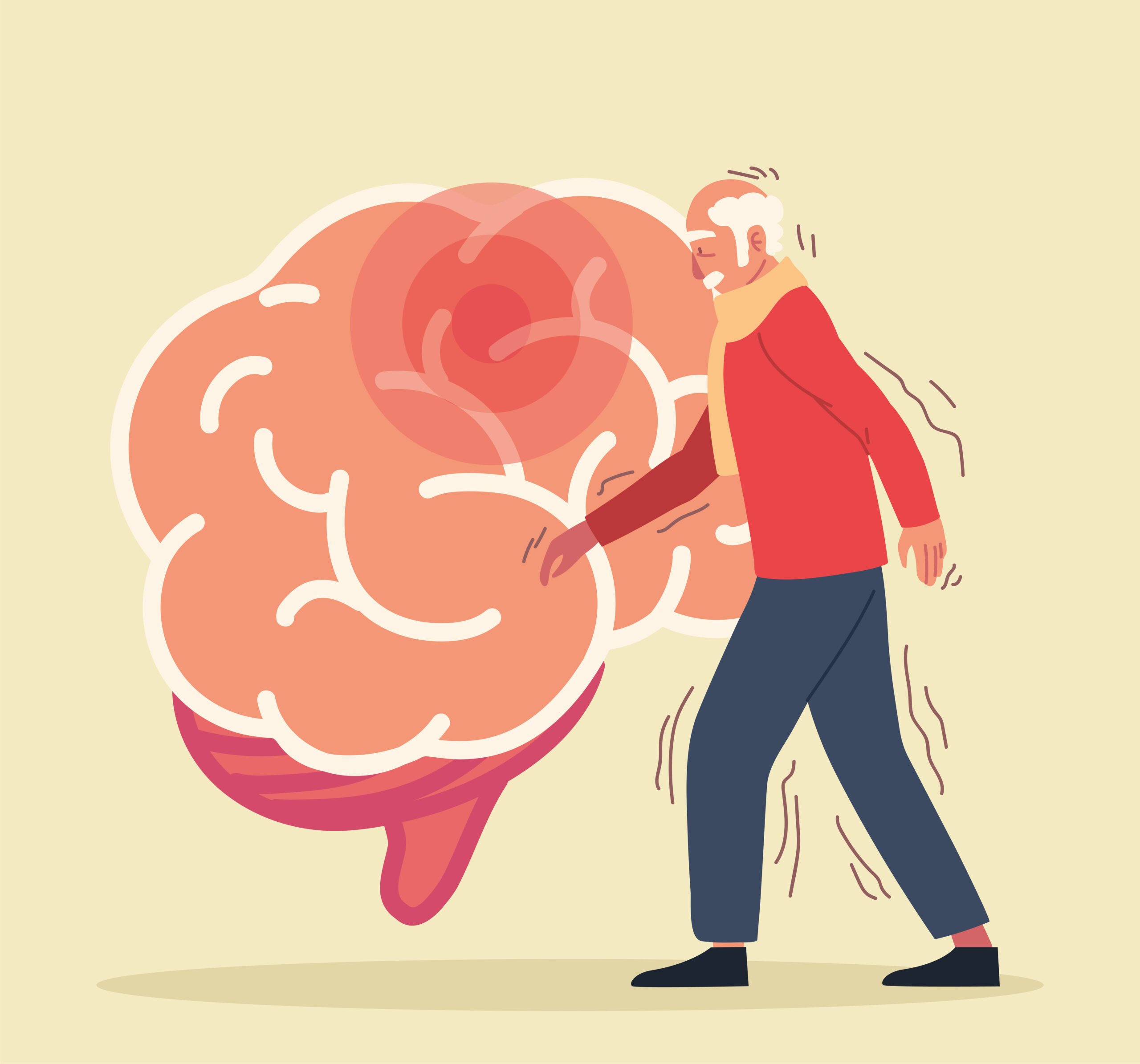Why do people with dementia start mistaking the past for the present
People with dementia often experience a mix of cognitive, emotional, and behavioral changes that can be quite confusing. One common phenomenon is when they start mistaking the past for the present. This can be both puzzling and distressing for family members and caregivers. To understand why this happens, let’s delve into the nature of dementia and how it affects the brain.
Dementia is not a single disease but a syndrome that encompasses a range of symptoms, including memory loss, confusion, and difficulty with communication. It results from changes in the brain, which can be due to various underlying causes, such as Alzheimer’s disease, vascular dementia, or other neurodegenerative conditions. These changes disrupt the normal functioning of brain cells, leading to a decline in cognitive abilities.
One of the key challenges people with dementia face is memory loss. As the disease progresses, they may struggle to form new memories or recall recent events. However, memories from the past, especially those from early life, can remain vivid. This is because long-term memories are often stored in a more stable part of the brain, making them less susceptible to the initial effects of dementia.
When individuals with dementia start mistaking the past for the present, it’s often due to a combination of memory loss and confusion. They might recall a past event or situation so clearly that it feels like it’s happening now. This can be exacerbated by the loss of short-term memory, which makes it difficult for them to keep track of time or understand the sequence of events.
Imagine living in a world where time becomes fluid, and past and present blend together. For someone with dementia, a memory from decades ago might feel as real as something that happened yesterday. This isn’t just about forgetting what year it is; it’s about experiencing life in a way that feels disconnected from the current reality.
Another factor contributing to this phenomenon is the emotional intensity of past memories. Events from earlier in life, especially those with strong emotional connections, can be more vivid and engaging than recent experiences. This emotional resonance can make past memories feel more immediate and relevant, further blurring the lines between past and present.
Understanding why people with dementia mistake the past for the present is crucial for providing compassionate care. It’s not just about correcting their perceptions but about acknowledging their experiences and emotions. By recognizing that their reality is different from ours, we can offer support and comfort in ways that are meaningful to them.
In practical terms, this means being patient and understanding when they talk about past events as if they’re happening now. It involves validating their feelings and experiences, rather than trying to correct their timeline. By doing so, we can help them feel more secure and connected, even as their sense of time becomes increasingly fluid.
Ultimately, supporting someone with dementia requires empathy and flexibility. It’s about meeting them where they are, in their own reality, and helping them navigate a world that can be both familiar and strange. By doing so, we can improve their quality of life and ensure that they feel loved and supported throughout their journey.





